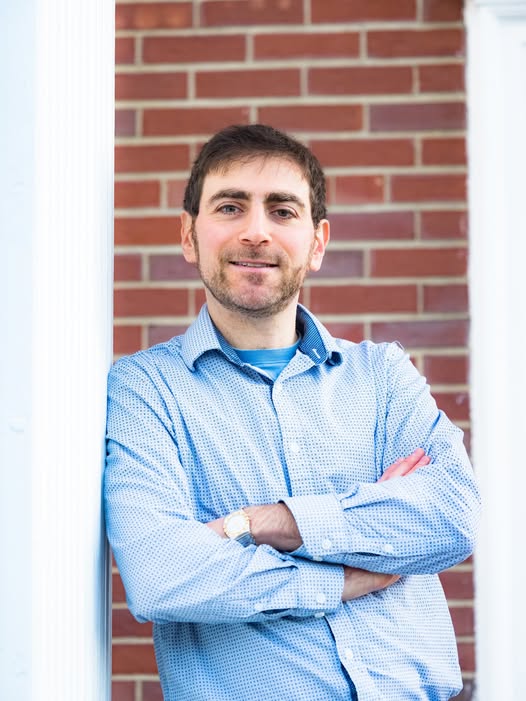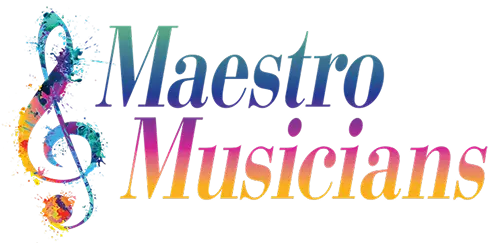
Beyond the Solitary Virtuoso: Why I Built Maestro Musicians
When I was a young musician, I saw two paths laid out before me. One led toward the bright lights of the solo stage — the competitions, the endless flights, the lonely hotel rooms, the relentless drive to prove oneself as “the best.” The other led somewhere quieter, harder to define, but closer to the heart. I chose the second.
For much of the 20th century, the world worshiped a certain image of the musician: the solitary genius who lived only for art. Violinists like Ida Haendel, pianists like Clara Haskil — extraordinary human beings who gave everything to their craft — also gave up nearly everything else. Many never married, never had children, and lived lives of discipline bordering on deprivation. The music world called it devotion. In truth, it was often sacrifice without balance.
I saw that world and understood something early: music isn’t meant to separate us — it’s meant to connect us.
Music as Relationship, Not Isolation
The greatest performances I’ve ever heard weren’t defined by technical perfection. They were moments of shared humanity — when sound became language between souls. That’s what I wanted to build through Maestro Musicians: a place where music restores connection rather than replaces it.
At our school, students don’t just learn notes. They learn to listen — to themselves, to their teachers, and to one another. They discover what it means to express something real and personal, not simply to impress. Every lesson, recital, and conversation becomes an act of relationship — between generations, between teacher and student, between a family and its dreams.
A New Kind of Musical Path
For decades, the message to young musicians was clear: Excel, or vanish.
But excellence doesn’t require isolation. Greatness doesn’t demand loneliness.
The 21st century has given us a new opportunity — to build musical lives that are whole, where art coexists with family, friendship, and faith. I believe we can raise musicians who are both disciplined and joyful, serious and free, accomplished and connected.
This is what Maestro Musicians stands for:
Confidence rooted in genuine growth
Creativity nurtured by mentorship
Character shaped by the shared pursuit of beauty
We’re not producing “prodigies.” We’re forming human beings who understand that music is a lifelong conversation — one that begins with a teacher who listens.
Why This Matters
Parents today face a choice similar to the one I faced years ago. They want their children to excel, but they also want them to remain whole — to love learning, to stay curious, to build lives rich in meaning and compassion.
Maestro Musicians exists for families like these.
For parents who want their children to grow through music, not be consumed by it.
For students who want to discover themselves, not just perform for others.
For teachers who understand that their calling isn’t to produce stars, but to light candles.
The Legacy I Hope to Leave
I still believe in greatness — but not the kind that isolates. Greatness, to me, means shaping lives of purpose and harmony. It means raising the next generation of musicians who know that art is not a competition, but a gift we share.
That’s why I built Maestro Musicians.
Not as an escape from the concert stage — but as a way to bring the concert’s soul back home.
